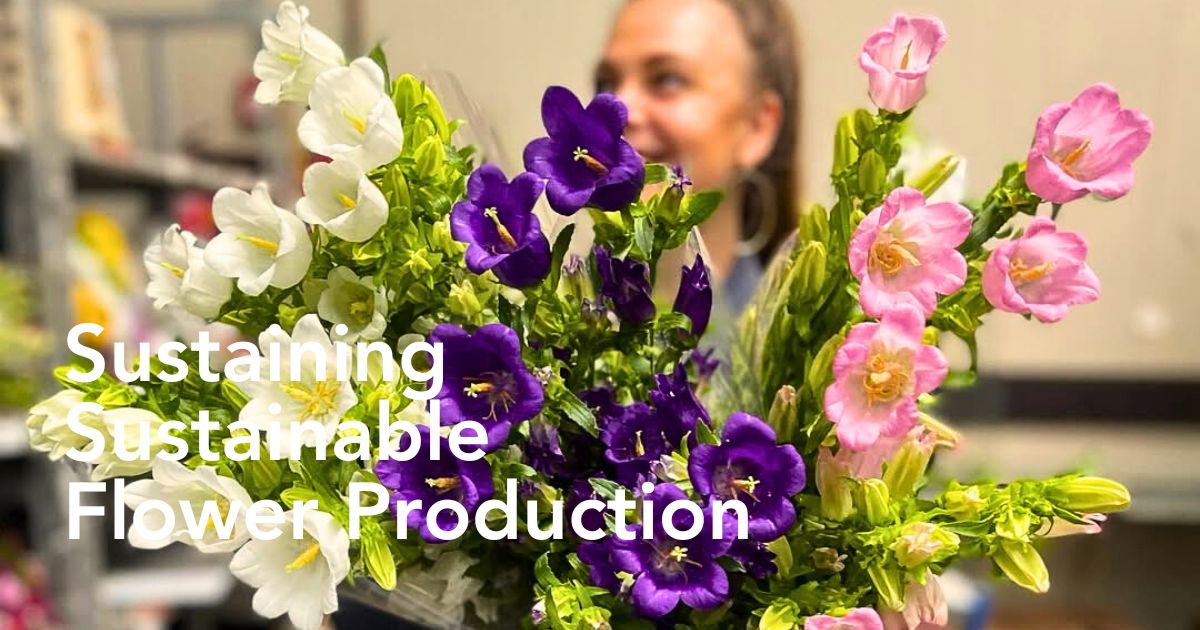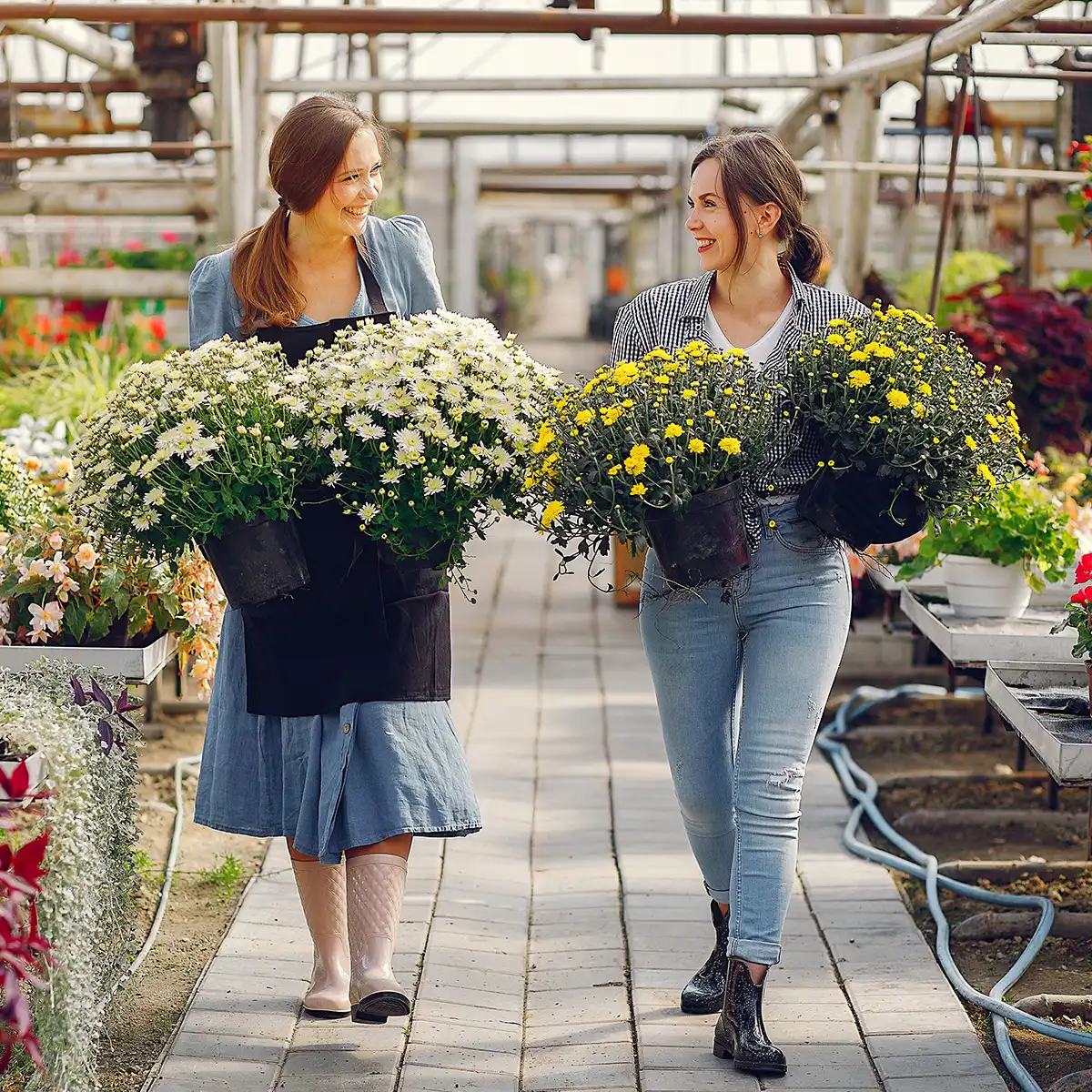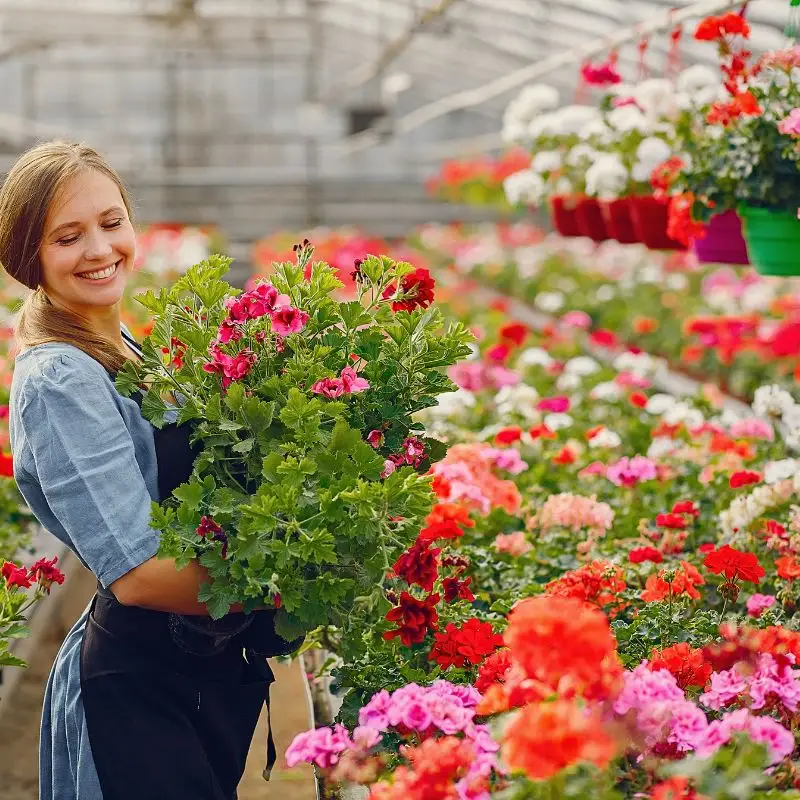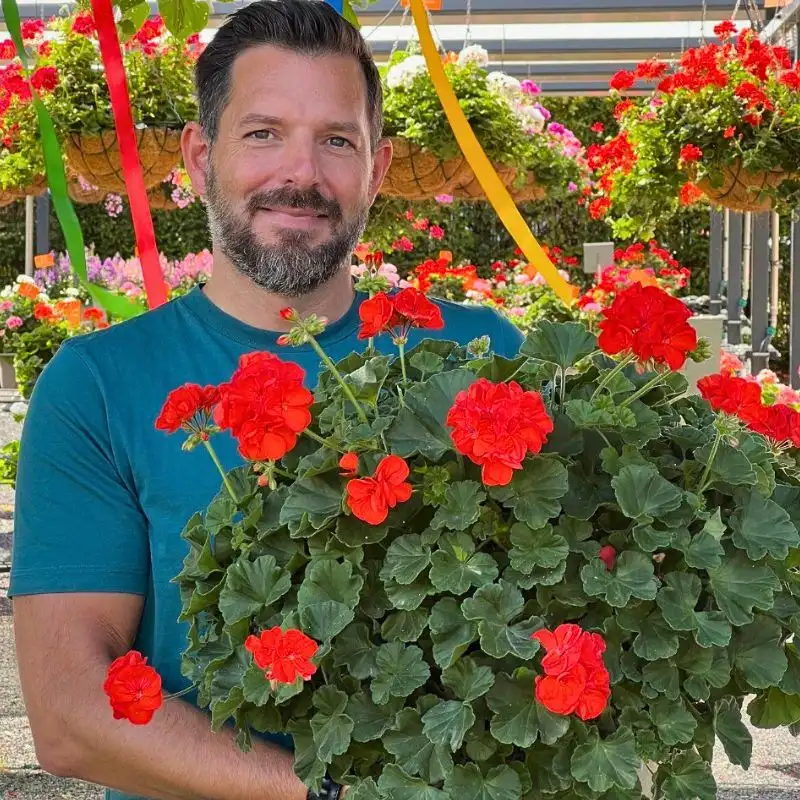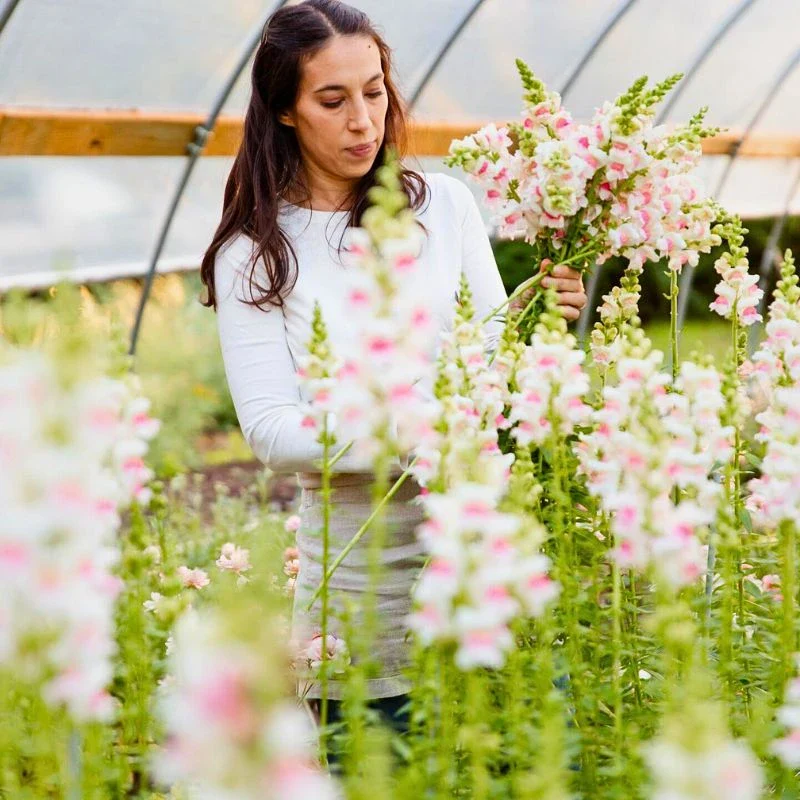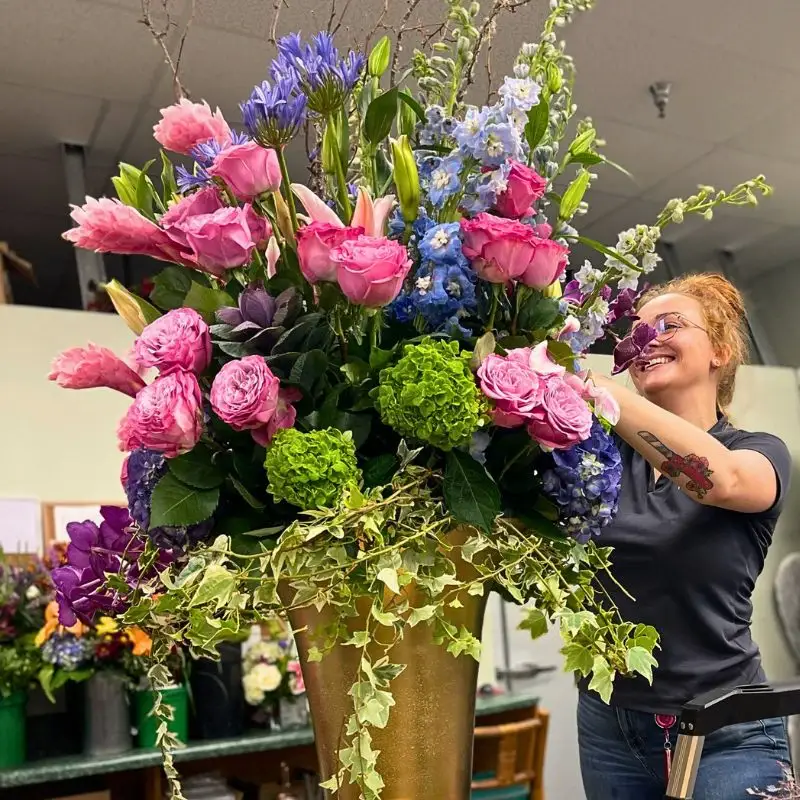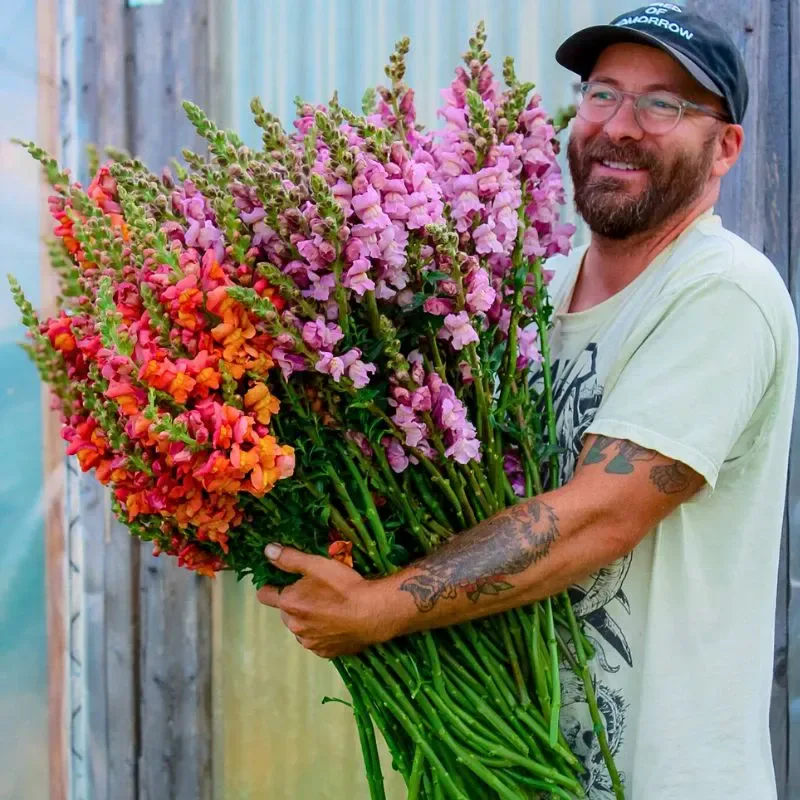Ever since its establishment in 2022 by the American Floral Endowment (AFE), Sustainabloom has continued to be the key force and voice for positive change in everything floriculture sustainability. This pioneering initiative has quickly become the industry's source for sustainability education and implementation, as the research-driven initiative continues to transform the sustainability challenge into opportunities through collaboration, education, and actionable solutions.
The recently launched Wholesale Nickel Program, an innovative effort that turns small contributions into collective impact, represents an advancement in this cause. It is not merely a funding mechanism but a transformative industry-wide commitment to environmental responsibility, resonating with practically all entities in the flower value and supply chain. It goes beyond conventional sustainability efforts, creating a self-sustaining financial model where each transaction becomes an investment in the industry's future. But one may wonder: What is this program all about? How does it work?
Cultivating a Sustainable Floriculture Industry
For starters, one needs to understand what Sustainabloom is all about. This initiative was formed with a clear mandate—to democratize sustainability education for the floriculture sector. Noting that many floral businesses felt overwhelmed by the complexities of sustainability and eco-friendly practices, the program distills high-level research into accessible, actionable tools.

For example, Sustainabloom’s online repository offers guides on topics ranging from integrated pest management (IPM) and composting to energy-efficient lighting and carbon footprint reduction. These resources are not just theoretical; they are deeply researched in collaboration with leading researchers like Dr. Melinda Knuth of North Carolina State University, which guarantees their alignment with real-world challenges faced by growers and retailers.
It also seeks to transform the industry's approach to environmental challenges by making sustainability accessible, practical, and economically viable for businesses of all sizes. Through its comprehensive resources, including industry guides on sustainable practices such as plastics reduction and inventory management, Sustainabloom equips floriculture professionals with the knowledge they need to implement meaningful changes. Additionally, the initiative provides valuable consumer insights on sustainability trends and eco-friendly preferences, helping businesses align their practices with the evolving market demands.
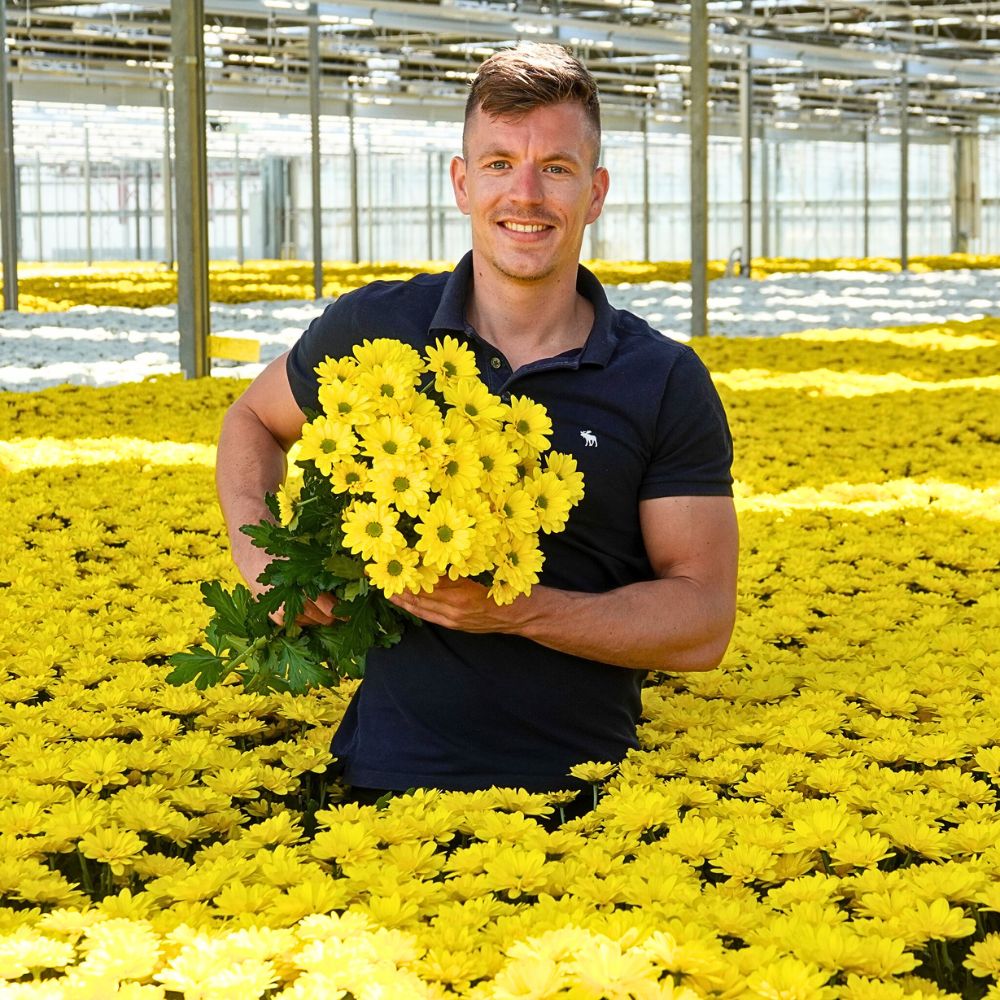
Sustainabloom, in essence, represents AFE’s innovative response to the growing need for sustainability leadership in the floriculture industry, providing a centralized resource hub that offers free, research-driven sustainability education and practical tools for businesses across the floral supply chain. With decades of industry expertise and research, the initiative has, accordingly, positioned itself as the authoritative voice on sustainable practices in floriculture.
The Wholesale Nickel Program - A Collaborative Approach to Sustainability
Launched in early 2025, at WFFSA’s Floral Distribution Conference, the innovative Wholesale Nickel Program, a funding strategy designed to sustain and expand the initiative’s work while engaging industry participants as active stakeholders in the sustainability movement, is a program that enables wholesalers to support Sustainabloom's research-driven resources by pledging on orders placed through participating distributors. Since the launch, WFFSA has collaborated with Sustainabloom to help share this new program and opportunity with the industry. The Wholesale Nickel Program, essentially, invites wholesalers to invest in sustainability!
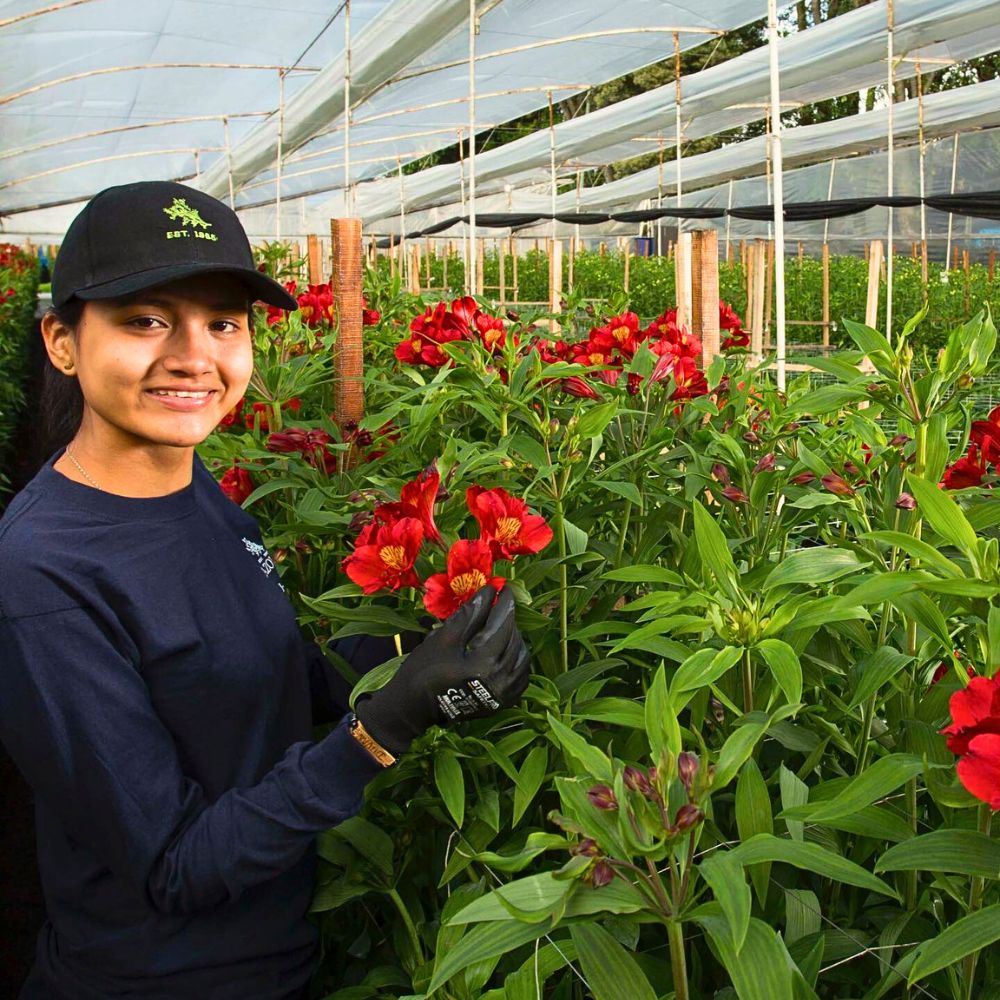
As Debi Chedester, the Executive Director of AFE, notes:
“We are excited to offer wholesalers a new, powerful way to contribute to the future of sustainability in the floral industry. Every cent counts when we join together. By participating in this program, companies are investing in vital research and educational tools that will benefit the entire supply chain for years to come.”
The Wholesale Nickel Program operates on a simple yet influential premise: every box of flowers shipped can become a seed for sustainable change. Participating wholesalers voluntarily contribute between one and five cents per box on orders placed through partnering growers and shippers. The genius of the Wholesale Nickel Program lies in its simplicity and integration with existing business processes, thanks to participation from companies like Armellini Logistics, which can tracks and report donations to Sustainabloom. Rather than requiring separate donations or complicated funding structures, the program seamlessly incorporates sustainability funding into the regular order process. Wholesalers also have the option to self-report and make donations to Sustainabloom on a quarterly basis.
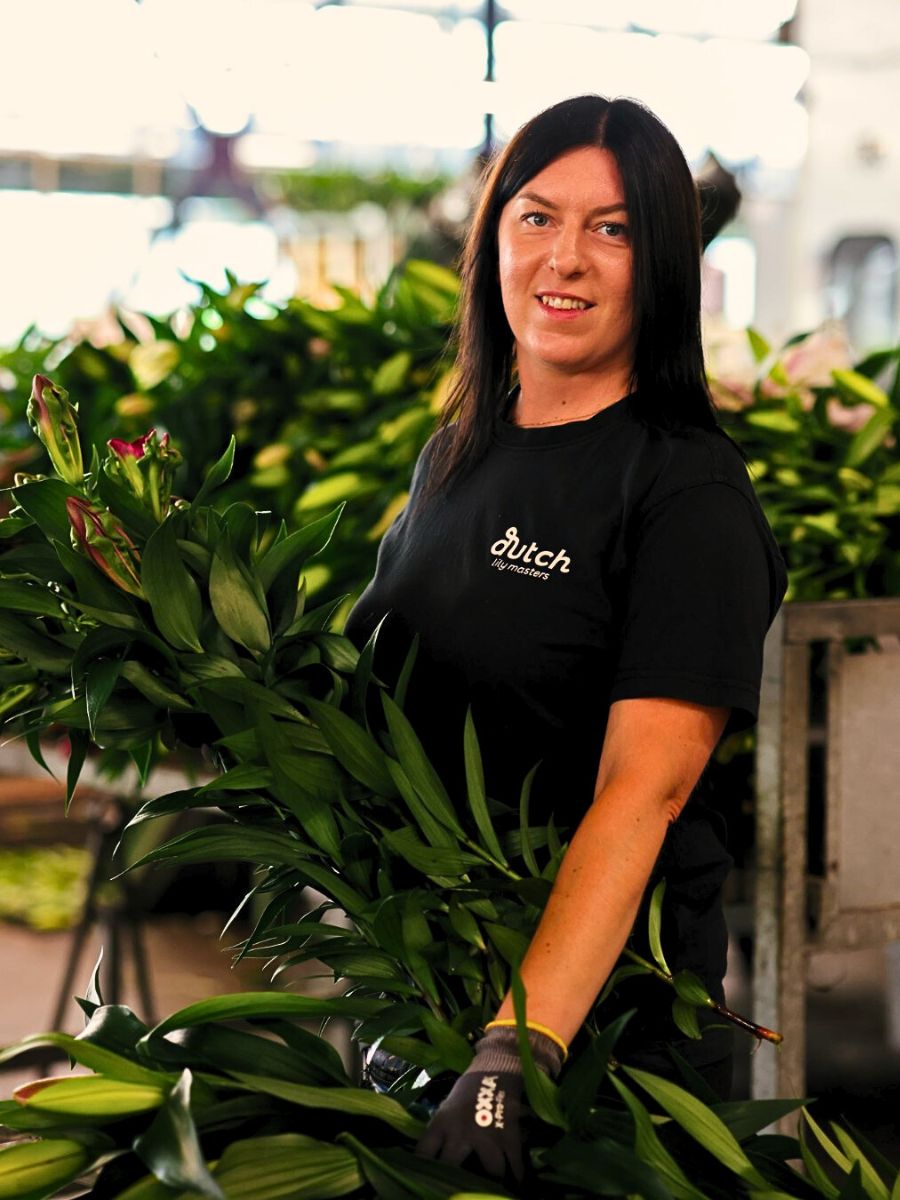
This model represents a paradigm shift in how industry-wide sustainability efforts are funded. Rather than relying solely on grants or large corporate donations, it democratizes sustainability funding, allowing businesses of all sizes to contribute meaningfully to the cause. Moreover, by tying contributions directly to business volume, the program ensures that sustainability funding grows alongside the industry, which creates a self-reinforcing cycle of investment and progress.
Continental Flowers Partnership Doubles the Impact
In March 2025, Sustainabloom's Wholesale Nickel Program got a significant boost through a strategic partnership with Continental Flowers, in a collaboration that represents a major advancement for sustainability efforts in floriculture. Continental Flowers committed itself to matching all contributions on orders placed through them, effectively doubling the impact of participating wholesalers’ support.
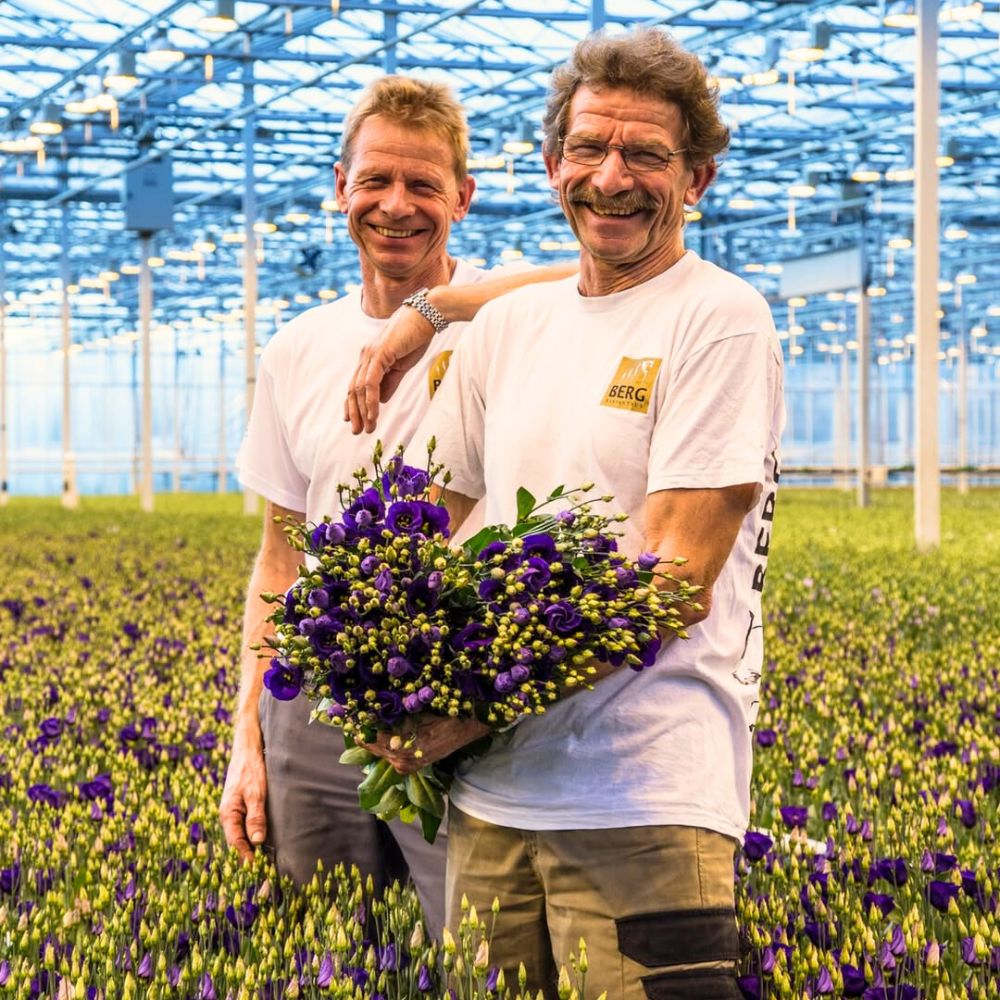
This dollar-for-dollar matching commitment on orders placed through them transforms the ‘Nickel-a-Box’ program into what might effectively be called a ‘Dime-a-Box’ initiative, as noted by Continental Flowers in their announcement.
Eric Fernandez, General Manager of Continental Flowers, noted:
“The AFE’s Sustainabloom initiative is an innovative solution to bring sustainability efforts to our industry and be at the forefront of our industry’s sustainability story. Continental Flowers will always seek to support industry programs that can be amplified with collaborative partners and bring about meaningful change. Sustainabloom provides that promise, and we are excited to see it grow.”
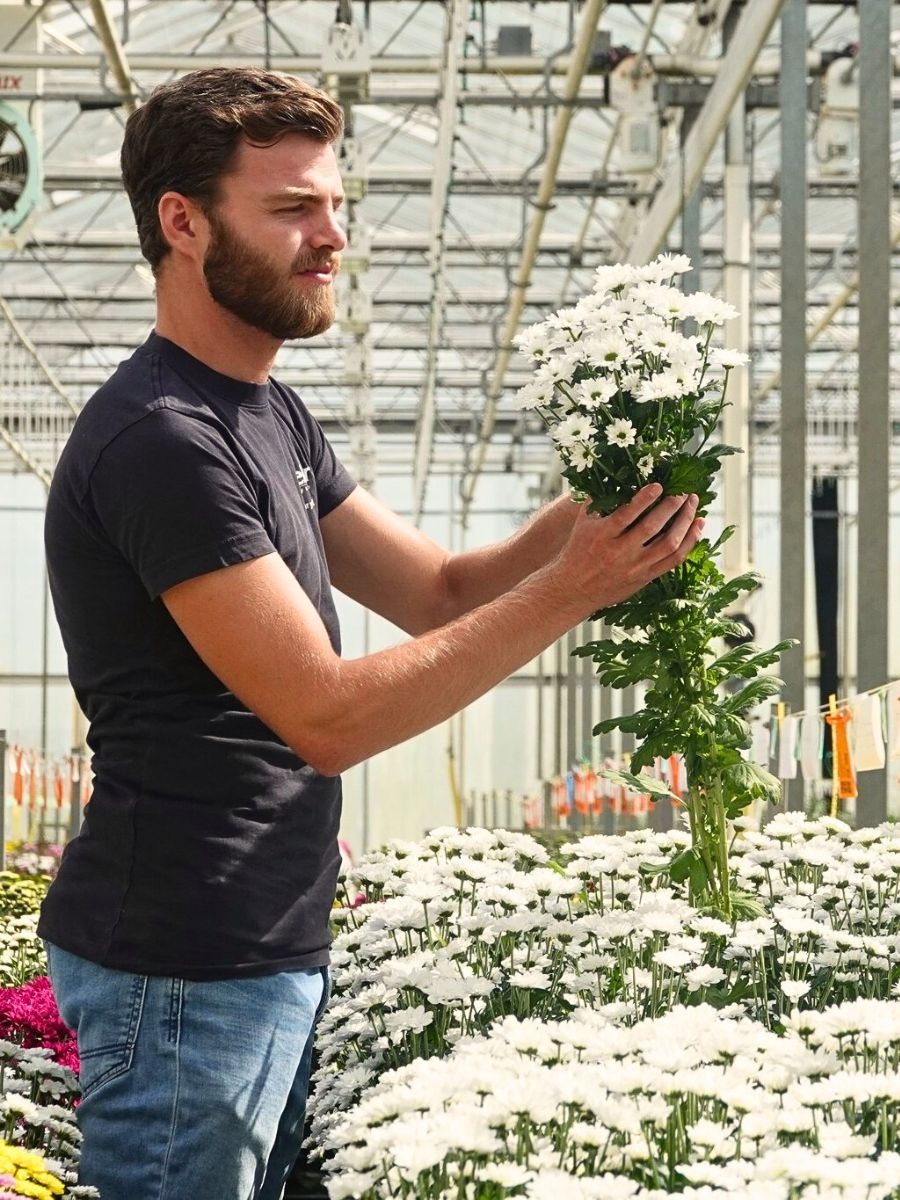
Such an endorsement from a major industry player not only provides financial support but also lends crucial credibility to Sustainabloom's efforts. This partnership with Continental Flowers also exemplifies how corporate leadership can stimulate broader change. Through its distribution network, Continental Flowers amplifies Sustainabloom’s reach, encouraging its clients to participate while showcasing the business benefits of sustainability. The result, then, is a ripple effect: as more wholesalers join, they inspire others to follow suit.
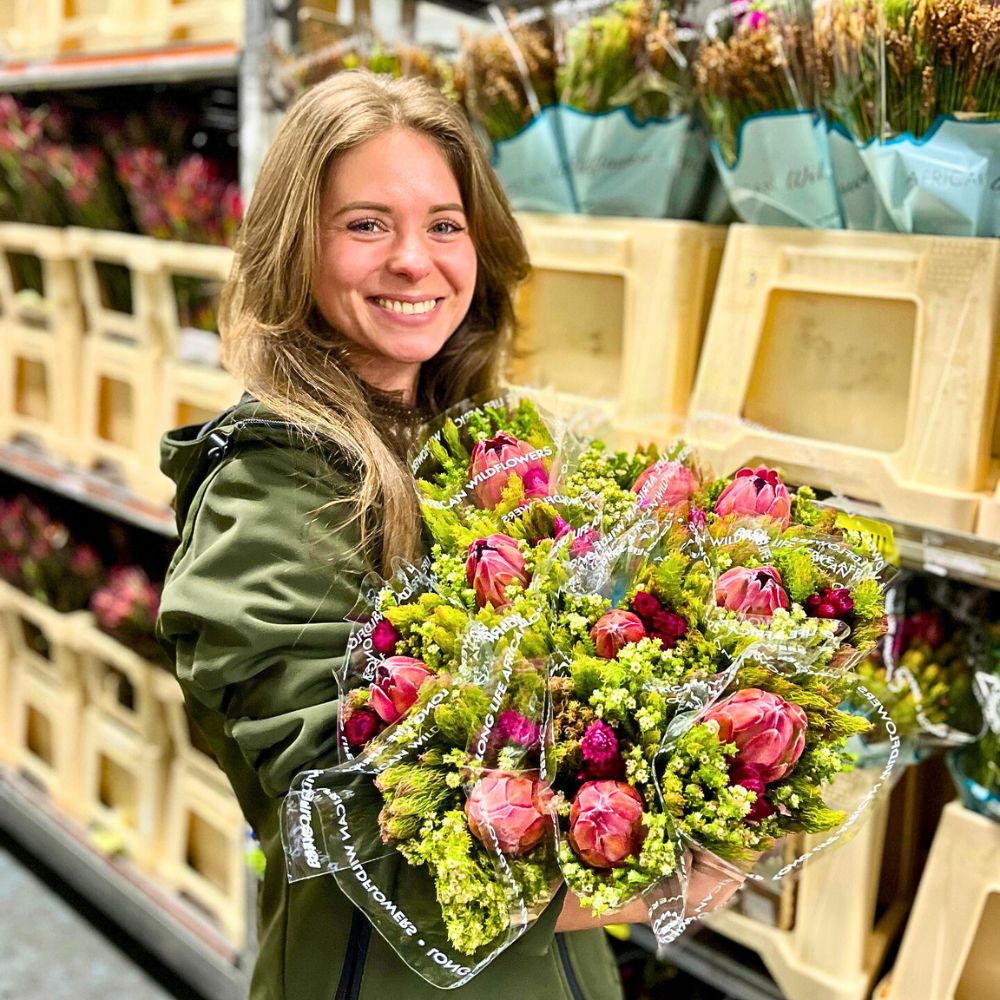
Offering Practical Benefits to Floriculture Businesses
Participation in the Wholesale Nickel Program offers numerous benefits for floriculture businesses aside from the satisfaction of contributing to environmental sustainability. Perhaps most significantly, participating companies receive recognition as sustainability leaders, positioning them favorably in an increasingly eco-conscious marketplace. This public acknowledgment helps businesses differentiate themselves from competitors and appeal to the growing segment of consumers who prioritize environmental responsibility.
Recent research underscores the marketing potential of such sustainability credentials. According to studies conducted by the Floral Marketing Fund, 61% of consumers prefer sustainable options when purchasing floral products. However, the same research reveals a significant communication gap: while 71% of florists have adopted sustainable practices, only 22% are actively promoting these efforts to customers. Participation in the Wholesale Nickel Program, therefore, helps bridge this gap by providing businesses with credible sustainability credentials they can exploit in their marketing and customer communications.
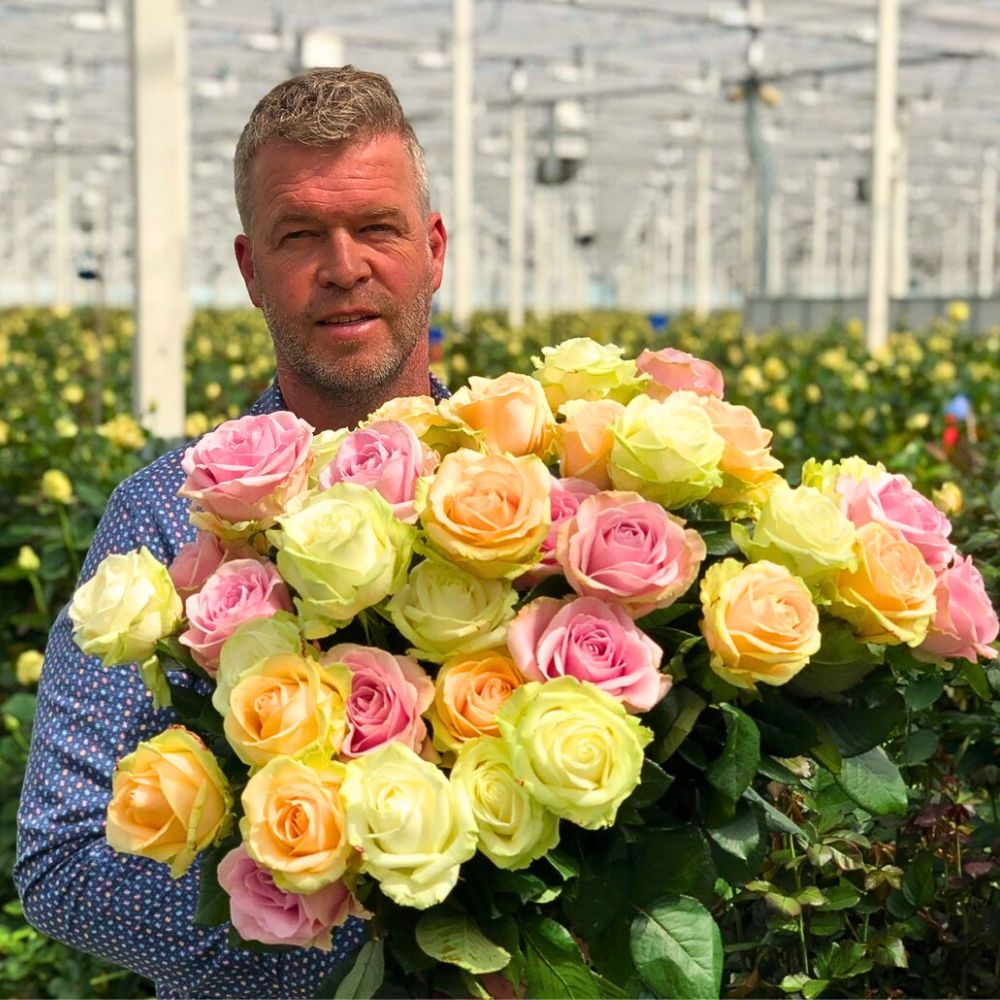
Furthermore, contributions made through the Wholesale Nickel Program are tax-deductible, offering financial benefits that can help offset the minimal per-box cost. This tax advantage, combined with the relatively small per-transaction contribution amount, makes participation economically feasible even for smaller businesses operating on tight margins. Moreover, the program addresses economic sustainability. For instance, contributing helps facilitate Sustainabloom’s guides on topics like water conservation and energy efficiency, which helps flower businesses reduce operational costs, while its insights into consumer trends enable them to tap into new markets. This alignment of ecological and economic goals emphasizes a key tenet of Sustainabloom’s philosophy: sustainability is not a trade-off; it is a pathway to long-term viability.
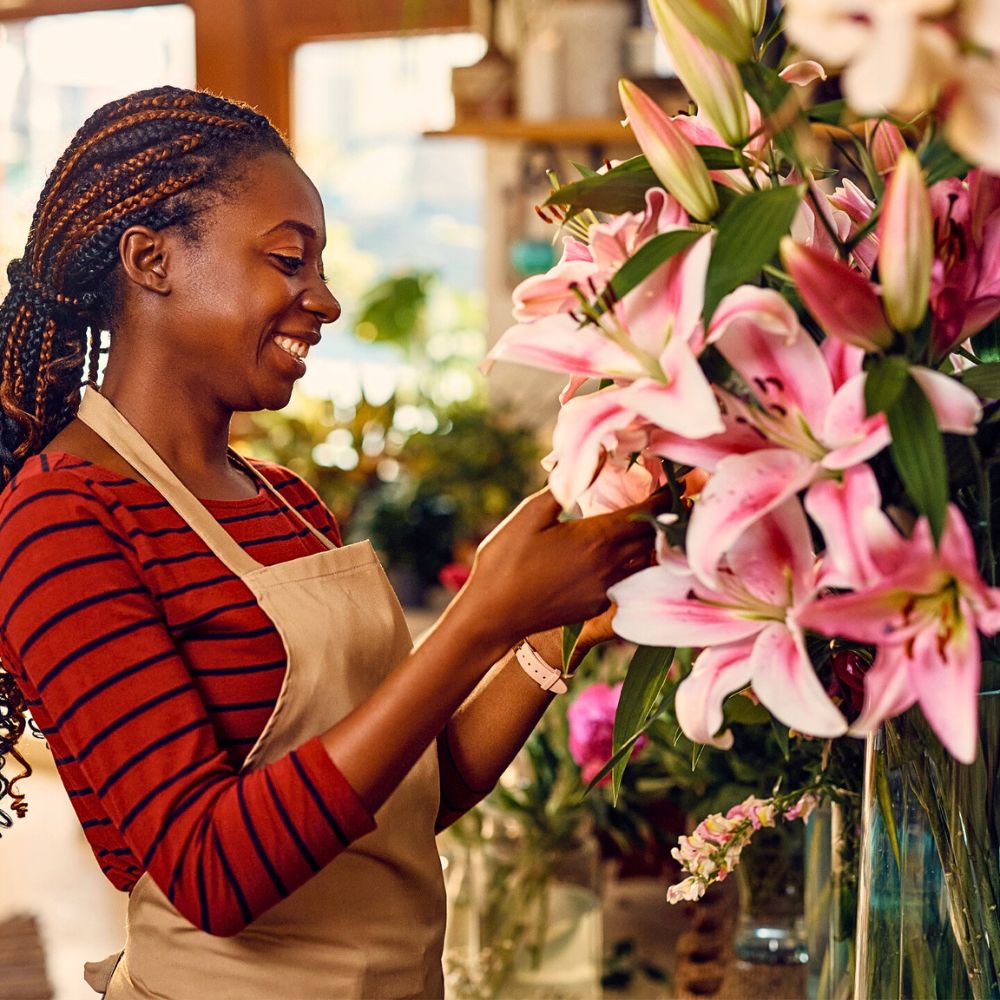
Join the Sustainability Movement
For wholesalers interested in contributing to a more sustainable future for floriculture through the Wholesale Nickel Program, participation is straightforward and designed to integrate seamlessly with existing business operations, thanks to participation from companies like Armellini Logistics and Continental Flowers. Wholesalers can sign up at Sustainabloom's Wholesale Nickel Program to express their interest in the program. Participants can then choose their contribution level, pledging up to five cents per box. Once enrolled, the chosen contribution will appear as a charge on the wholesaler’s monthly statement, requiring no additional administrative effort. If wholesalers do not use Armellini or Continental Flowers, they can also self-report contributions.
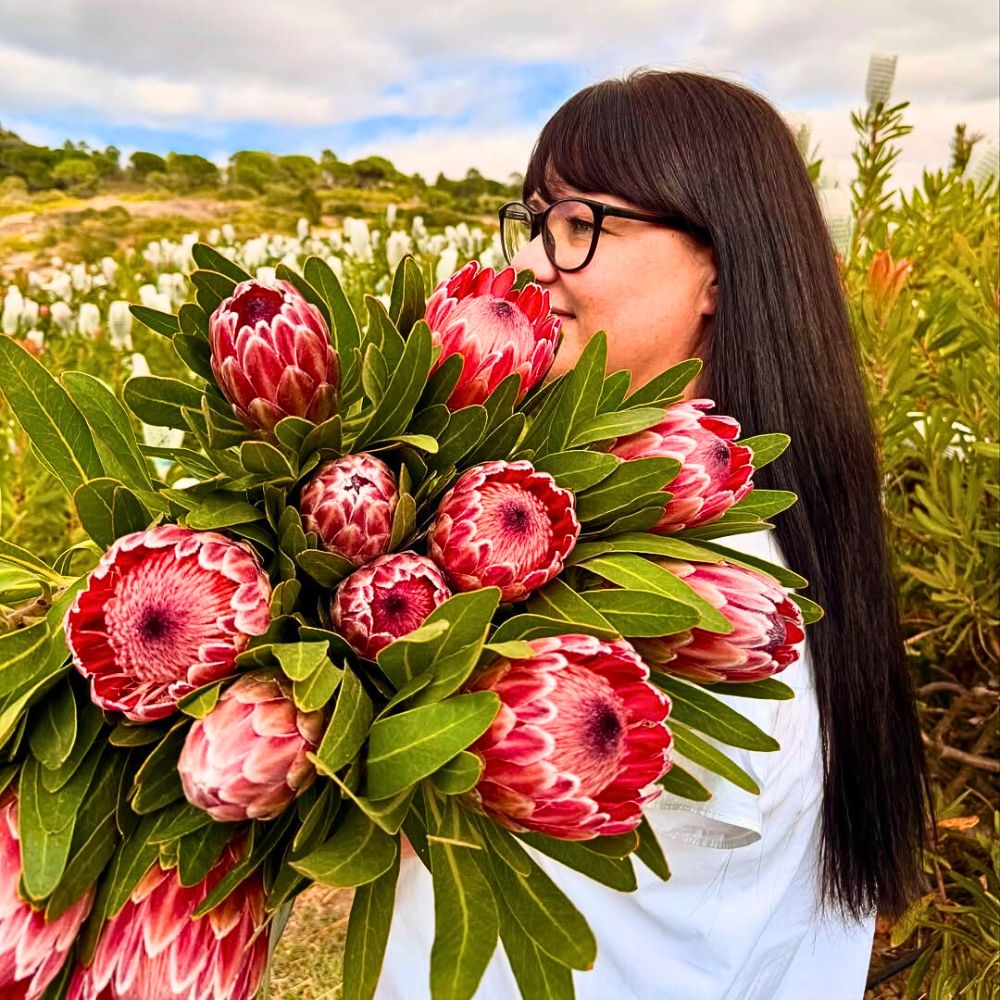
This flexibility allows businesses to select a contribution amount that aligns with their financial capabilities and sustainability commitment. And, just so you know, joining the program means that flower businesses become part of a growing community of sustainability-minded floriculture professionals working collectively to transform industry practices.
Feature image by @bloomnet, header image by @heemskerkflora.

